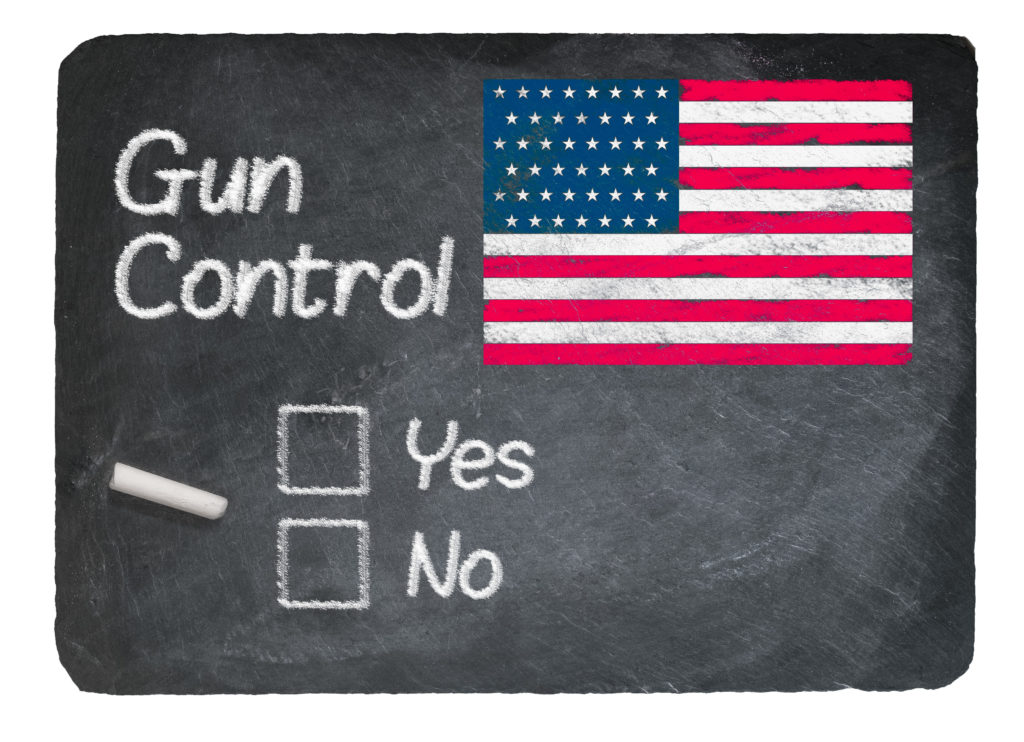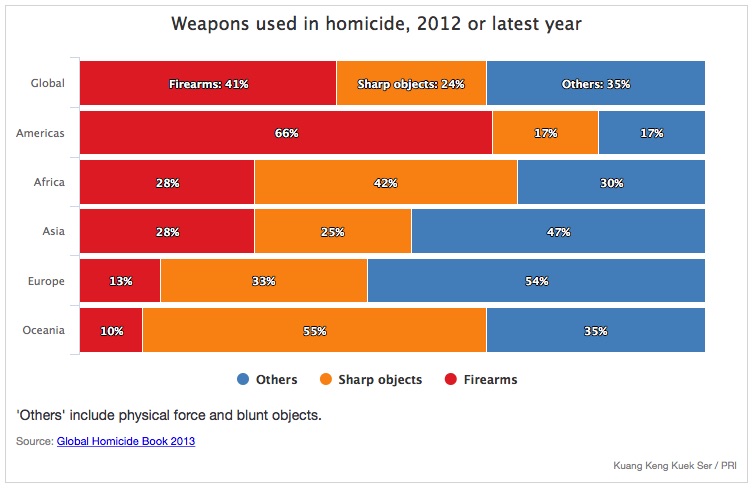
This month’s deadly school shooting in Parkland, Florida, has brought the issue of guns back to the forefront. It’s perhaps to be expected when emotions are raw. Still, the ever-present gun control campaign and their sympathetic media kicked immediately into high gear as if cynically to press an advantage.
It’s never wrong to step back and examine issues dispassionately, however. Calls for a “national conversation” may be euphemistic, but the plain meaning of the term is good. But since the topic being dictated to us involves curtailing to revoking a long-recognized civil right, the first item of conversation should be Aren’t we talking about the wrong thing here?
The more information that comes out of Parkland, the more it becomes clear that it was, in the words of Florida Rep. Jason Fischer, “a systemic failure of government.” So much so that it makes one wonder if that’s why the gun-control media rollout was so hurried and strident: the campaign saw that factually its case had a shelf life as limited as a sauna’s open jar of mayonnaise.
Consider this critical mass of breakdowns:
- The FBI was warned specifically about the shooter, twice, in recent months
- The Broward County Sheriff’s deputies were called a reported 39 times to the shooter’s house, though Sheriff Scott Israel disputes that figure and says it was only 23
- Sheriff’s deputies were warned numerous times about the shooter; some even said he could be a “school shooter in the making“
- An armed school resource officer was on campus and did nothing during the shooting
- As the killings took place, he and several Broward County deputies were waiting outside the school when nearby Coral Springs police officers arrived
Example after nauseating example of governments’ failures to protect schoolkids in Parkland leave us distraught and asking what if. This parade of failures certainly doesn’t rebut the right to self-defense, let alone the wisdom of the Second Amendment forbidding government from infringing on people’s right to keep and bear arms.
What are guns?
All that remains of the campaign’s case is their political notion of guns as Artifacts of Doom. In fantasy, that’s an object of pure evil that, since it’s an inanimate object, can only work evil in the world by manipulating an owner to commit evil using it. An Artifact of Doom is defeated merely by no one ever owning it.
But that’s fantasy, not reality. If guns were evil in nature, it would follow that more of them would manifest their presence with more evil. That’s not what’s happening.
What has been happening is gun ownership rising dramatically while fatal firearm crime rates and nonfatal firearm crime victimization are falling just as dramatically.
Artifacts of Doom don’t work that way. Objects used for recreation, hunting, boosting collections, and many other things— but especially self-defense — do. More self-defense weapons, even just the expectation of more self-defense weapons, would become evident in falling crime victimization statistics.
Unlike fantasy, unfortunately, human nature doesn’t need an Artifact of Doom to commit evil. People do need self-defense weapons to ward off a person bent on evil, especially when agents of government tasked with defense yawn away warnings of imminent threat or quit in the moment of need.
When the campaign argues that America has a higher gun murder rate than select other countries, they are counting on people to overlook human nature and adopt the Artifact of Doom theory. People might then reason, improperly, that removing the gun would remove violence and evil.
But someone bent on evil and violence may use a gun or any other objects at hand.

What about school shootings? Aren’t they worse?
No, actually — although they are each as tragic as always. School shootings track with violence in general. School shootings are rarer than they used to be, as a new report from a criminologist at Northeastern University shows.
For obvious reasons, however, school shootings are sensational events. They stick in our memories as horrific events. This sets them apart from, say, another deadly weekend on the streets of Chicago (where the campaign’s political goal has mostly been achieved even as criminals still obtain guns, illegally).
In 2014, Cato At Liberty showed how K-12 homicides had been steadily declining since the 1990s. In 2007, NBC News cited the idea that “School violence is rampant” as a myth in its compilation of “Ten myths about school shootings.” NBC explained:
It may seem so, with media attention focused on a spate of school shootings. In fact, school shootings are extremely rare. Even including the more common violence that is gang-related or dispute-related, only 12 to 20 homicides a year occur in the 100,000 schools in the U.S. In general, school assaults and other violence have dropped by nearly half in the past decade.
I conclude with this decade-old NBC News piece because of how, sadly, many of the other nine myths were myths in Parkland. The shooter didn’t “just snap” (myth 2), it certainly wasn’t the case that “no one knew” (myth 3) or that he “hadn’t threatened anyone (myth 4) or “never touched a gun” (myth 8), and while he apparently did have significant mental disorder (myth 6) it sounds as if he indeed “had difficulty coping with significant losses or personal failures.”
There was law enforcement on campus who withheld potential lifesaving action (related to myth 7). Other potential lifesaving actions authorities could have taken were also withheld, so it was also a myth (see myth 9) that “We did everything to help him.”
If we’re to have a national conversation on how Parkland could’ve been prevented, the previous two paragraphs provide several topics for discussion far more germane to the matter than a politically motivated nonsequitur of curtailing civil rights.




